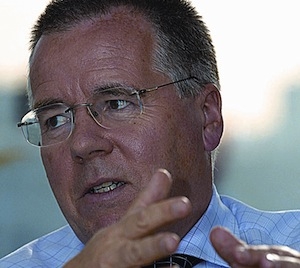John Moret: Latest debacle causes huge damage to Sipps market

I guess by now I shouldn’t be surprised at anything that emerges from the regulator on the subject of Sipps. There have been numerous well documented failures in the advice regime governing Sipps that it’s hard to believe that worse could follow.
